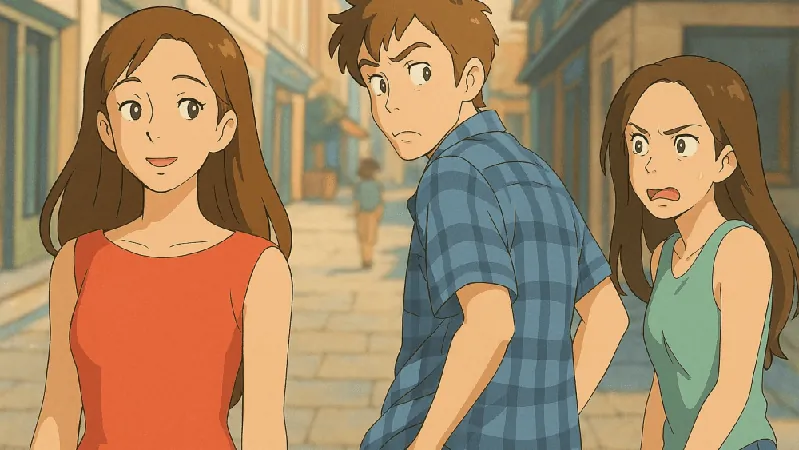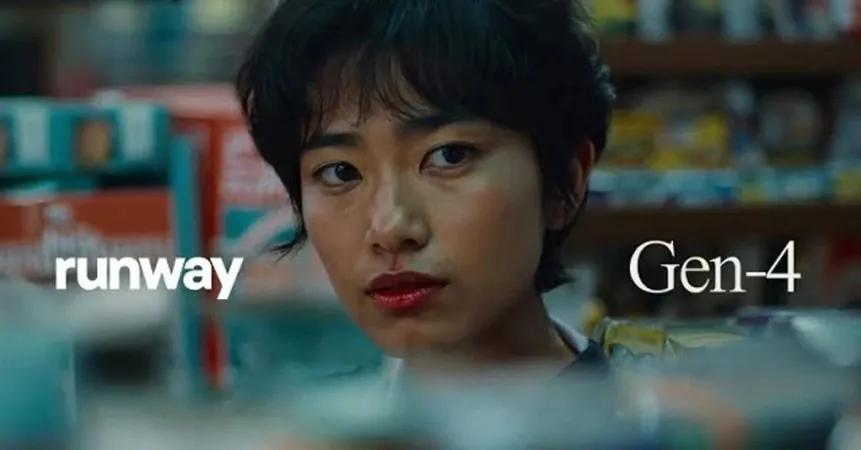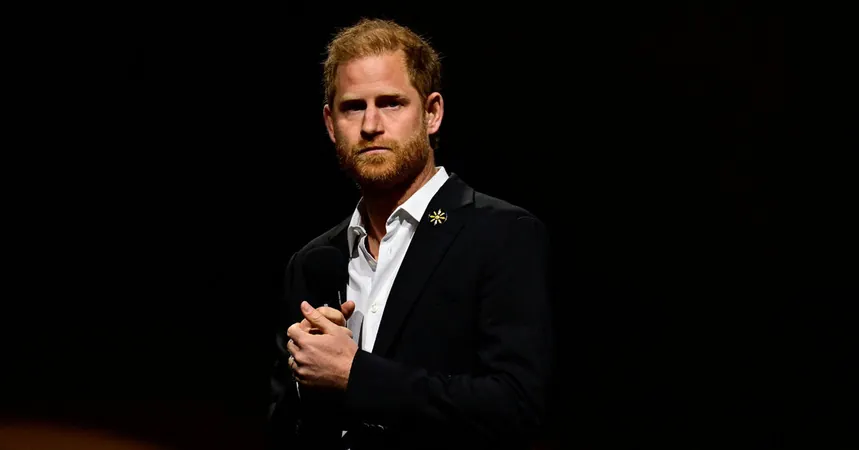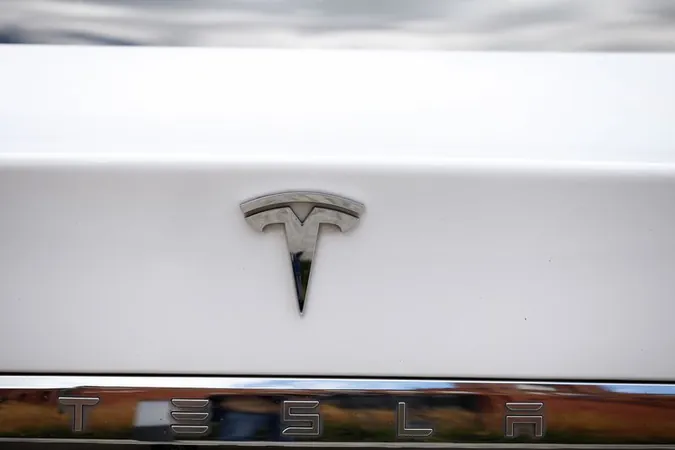
OpenAI CEO Embraces Viral Trend of Studio Ghibli-Style AI Images - But What Does Hayao Miyazaki Think?
2025-03-26
Author: Lok
OpenAI's recent release of its most cutting-edge image generation technology has ignited a wave of creativity across social media. Users are enthusiastically sharing stunning images transformed into the enchanting style reminiscent of Studio Ghibli, the iconic Japanese animation powerhouse behind beloved films such as "Spirited Away," "My Neighbor Totoro," and the latest, "The Boy and the Heron."
On Tuesday, OpenAI introduced this new feature, which is embedded in the advanced GPT-4o model. It boasts a "natively multimodal" architecture designed for delivering accurate, photorealistic outputs. What distinguishes this release, however, is its uncanny ability to mimic Studio Ghibli's distinct anime aesthetic, leading to a deluge of artistic creations from fans and users alike.
In a humorous response to this trend, OpenAI CEO Sam Altman took to social media platform X on Wednesday, reflecting on the unexpected turn of events. In his post, he captured the essence of his journey, where years of hard work in the pursuit of superintelligence culminated in a flood of messages showcasing users’ artistic interpretations of him in a Ghibli-inspired style. Altman even updated his profile picture to a playful Ghibli rendition of himself, further engaging with the viral phenomenon.
Interestingly, while many are reveling in the creative potential of this AI technology, there’s a shadow cast by the concerns of traditional animators. Hayao Miyazaki, co-founder of Studio Ghibli, has been a vocal critic of AI-generated animation. Back in 2016, during a demonstration of AI animation technology, Miyazaki expressed his strong aversion, stating, "I am utterly disgusted... I would never wish to incorporate this technology into my work at all. I strongly feel that this is an insult to life itself." His strong sentiments reflect the unease within the creative community regarding the encroachment of AI on artistic expression.
Moreover, this discourse touches on broader issues surrounding copyright and intellectual property rights. Recently, over 400 filmmakers, actors, and musicians have raised alarms about the practices of AI companies like OpenAI and Google, accusing them of lobbying for exemptions that could undermine protections for creative works. They argue that this could enable companies to exploit the talents of artists without proper compensation or credit.
While the allure of AI-generated artistry continues to inspire users, questions persist about the ethical implications of such technological advancements. As we witness the intersection of tradition and innovation, the tension between honoring creative integrity and embracing new tools remains a crucial dialogue in the artistic community.
The viral enthusiasm around Ghibli-style AI images not only highlights the capabilities of OpenAI’s technology but also serves as a reminder that the discourse surrounding AI’s role in creativity is far from settled. What will the future hold for traditional animators and AI creators alike? Only time will tell.



 Brasil (PT)
Brasil (PT)
 Canada (EN)
Canada (EN)
 Chile (ES)
Chile (ES)
 Česko (CS)
Česko (CS)
 대한민국 (KO)
대한민국 (KO)
 España (ES)
España (ES)
 France (FR)
France (FR)
 Hong Kong (EN)
Hong Kong (EN)
 Italia (IT)
Italia (IT)
 日本 (JA)
日本 (JA)
 Magyarország (HU)
Magyarország (HU)
 Norge (NO)
Norge (NO)
 Polska (PL)
Polska (PL)
 Schweiz (DE)
Schweiz (DE)
 Singapore (EN)
Singapore (EN)
 Sverige (SV)
Sverige (SV)
 Suomi (FI)
Suomi (FI)
 Türkiye (TR)
Türkiye (TR)
 الإمارات العربية المتحدة (AR)
الإمارات العربية المتحدة (AR)